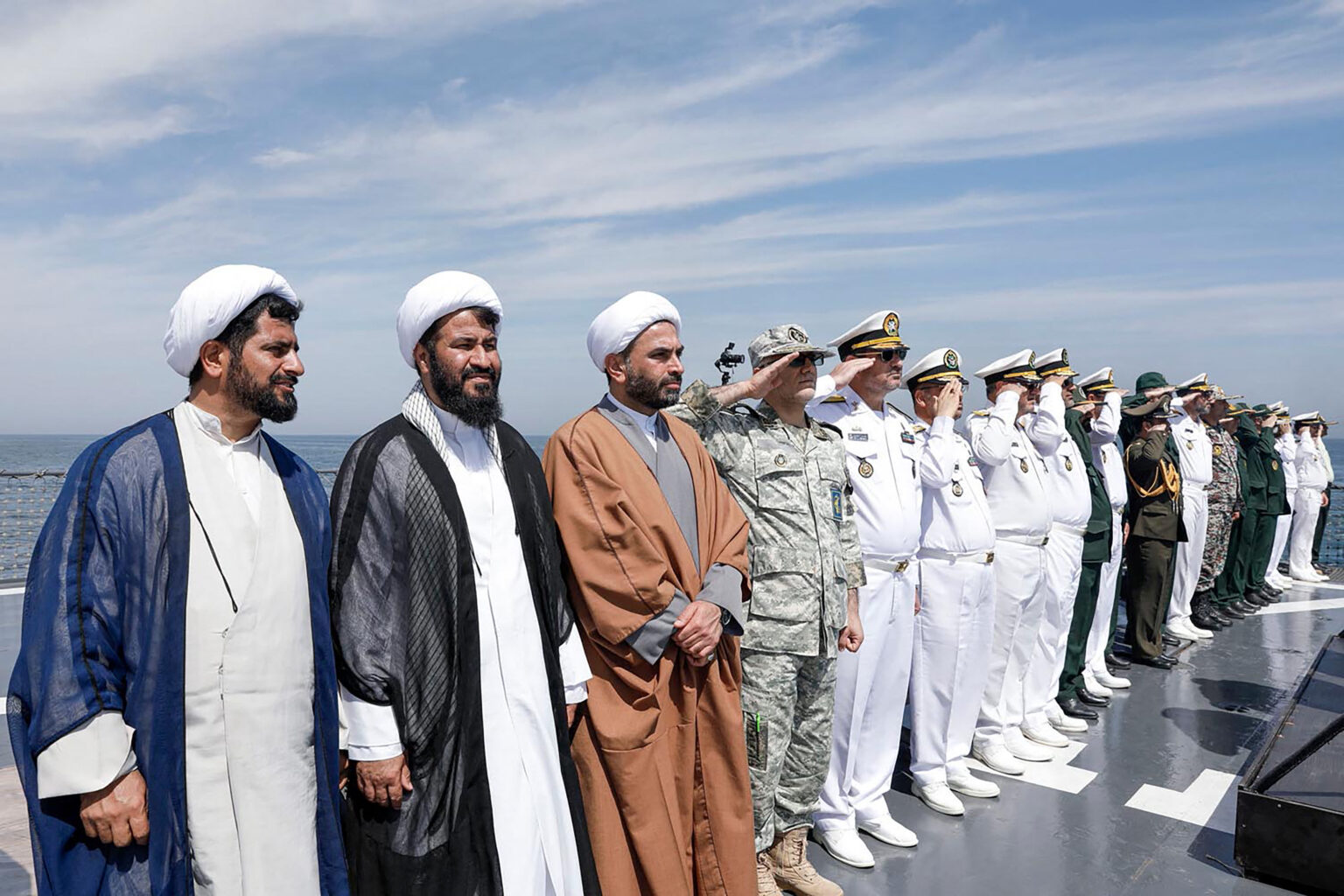Iran is rallying support from Russia and China to mitigate potential new sanctions amid growing Western pressure to curb its enrichment program and reach a nuclear deal soon.
Newsweek has contacted Chinese and Russian embassies and the European Commission’s foreign affairs spokesperson for comment.
Why It Matters
Iran is at odds with Europe over its uranium enrichment rights under the 2015 nuclear deal, also known as the Joint Comprehensive Plan of Action (JCPOA), which expires in October. France, the United Kingdom and Germany (the E3), supported by the U.S., have threatened to impose sanctions under the so-called snapback mechanism.
What To Know
China and Russia are helping Iran challenge the E3 in the United Nations Security Council over the group’s claimed right to enforce the snapback mechanism, Iranian Foreign Minister Abbas Araghchi told Iran’s state TV IRIB.
“If snapback occurs, it is certainly harmful, and we have no doubt we will try until the last moment to prevent it,” Araghchi said, adding that Iran had been consulting with its two allies for years over the JCPOA’s legal complexities.
The E3, the U.S. and the International Atomic Energy Agency (IAEA) say Iran has exceeded uranium enrichment and stockpile limits and significantly reduced transparency on centrifuge use—actions they warn could advance its ability to build nuclear bombs.
Iran’s tensions with the IAEA have deepened, and there are currently no monitoring inspectors in the country’s nuclear facilities. Iran acknowledges raising enrichment levels from 20 to 60 percent but insists its nuclear program is solely for civilian purposes.
Trump unilaterally abandoned JCPOA in 2018, saying it failed to sufficiently curb Iran.
Tehran has doubled down on its nuclear ambitions despite attacks from the U.S. and Israel that damaged key sites in June, interrupting ongoing progress in nuclear talks. It has since sought to deepen security ties with Russia and China, which have rejected the bombings.
What People Are Saying
Iranian Foreign Minister Abbas Araghchi told IRIB in a Thursday interview, translated from Persian: “The Europeans now have until October 20 to trigger the snapback, but in our opinion, because of their positions, including their emphasis on zero enrichment, which is Iran’s right to enrich uranium, they are not entitled to discuss or implement any part of the JCPOA, including the snapback. There is a legal challenge between us and Europe, and China and Russia have the same stances as ours.”
France, the United Kingdom and Germany wrote in a letter to the United Nations on August 8: “The E3 have offered Iran a limited extension of the relevant provisions of UNSCR 2231, in exchange for Iran resuming negotiations and addressing some of the international community’s most immediate concerns regarding the transparency and extent of its nuclear program. To date, the offer put forward by the E3 has remained unanswered by Iran. …
“Despite unfounded claims to the contrary, the E3, as JCPOA participants, would be clearly and unambiguously legally justified in using relevant provisions of UNSCR 2231 (2015) to trigger U.N. snapback to reinstate UNSC resolutions against Iran which would prohibit enrichment and reimpose U.N. sanctions.”
Chinese Foreign Minister Wang Yi said in July during a meeting with Iranian Foreign Minister Abbas Araghchi: “China will continue to support Iran in safeguarding its national sovereignty and dignity, resisting power politics and bullying, defending its legitimate rights and interests through political negotiation.”
What Happens Next
Araghchi said he expected a decision on the E3’s snapback attempt at the U.N. Security Council by the end of August.
Read the full article here

